No products in the cart.
How Culture Contributed to the Japanese Quality Scandals
Reading the news lately, have you thought about how culture contributed to the issues? For example, last Friday the president of Mitsubishi Materials apologized for the latest breach of quality standards in Japan. They admitted to falsifying inspection data for components sold to manufacturers of aircraft, cars and industrial equipment.
Mitsubishi Materials was deceiving their customers about the quality of their products, similar to what’s been happening for the last decade at Kobe Steel. The steel maker acknowledged faking data about the quality of aluminum, copper and other products to make it appear that they met standards promised to customers, when in fact they did not.
According to Jonathan Soble’s article in The New York Times, “In a report published this month, Kobe Steel blamed overzealous cost-cutting, lax oversight by executives and an “insular” corporate culture that discouraged employees from questioning improper but long-established practices.”
What impact is your culture having on your quality and customer outcomes? Do your people feel comfortable questioning improper practices? Could your culture create an unintended outcome? Here are a few thoughts:
- Honest Conversations – Measure your culture, and then have honest, open conversations with your people about what you learn. Too many companies do engagement surveys (which is an outcome of culture, not a real culture measurement) or measure culture and use the numbers as a diagnostic rather than a conversational tool. Honest conversations occur when there is objective data to consider and everyone gets a chance to reflect on the “why behind the what.”
- Ask Questions and Listen – Consider various questions you could ask your team in order to understand their perspective. For example, “Would you feel comfortable telling me if something was not working right?” or “What can we do to make it easier to share your ideas and raise issues that you observe?” One of our favorite books is A More Beautiful Question by Warren Berger. For an overview of his work, check out his post on 8 Ways to Improve a Question. Once you’ve crafted your question, ask it — and then, listen to hear instead of listening to respond. Take time to understand what the person means rather than making assumptions.
- Read Humble Inquiry by Dr. Edgar Schein. In his book, Dr. Schein defines Humble Inquiry as “the fine art of drawing someone out, of asking questions to which you do not already know the answer, of building a relationship based on curiosity and interest in the other person.” It’s an art that is essential to collaboration, culture, change and leadership. Many leaders are biased toward telling. Schein maintains that organizations can’t improve their “cultures” and leaders can’t really lead effectively unless there is more of an emphasis on asking, as opposed to just telling.
Leaders have the privilege and responsibility of shaping culture. Make time to examine what you’ve shaped, and assess whether or not it supports your vision and the direction you are going. The leaders at Mitsubishi, Kobe and several other Japanese companies certainly didn’t intend to have quality problems, ruin their reputation, or have their stock price drop.
Good leaders suffer when their culture gets sabotaged by a lack of attention or focus. Measuring your culture gives you proactive insights that you can use to make changes before a scandal is uncovered. Asking questions gives you insights that you may not otherwise get. Learning about and practicing Humble Inquiry will raise your leadership game!
Here’s to your success, and to creating a culture where people flourish and bring the best of who they are to work every day.
Read more about culture in Your Guide to Organizational Culture.


